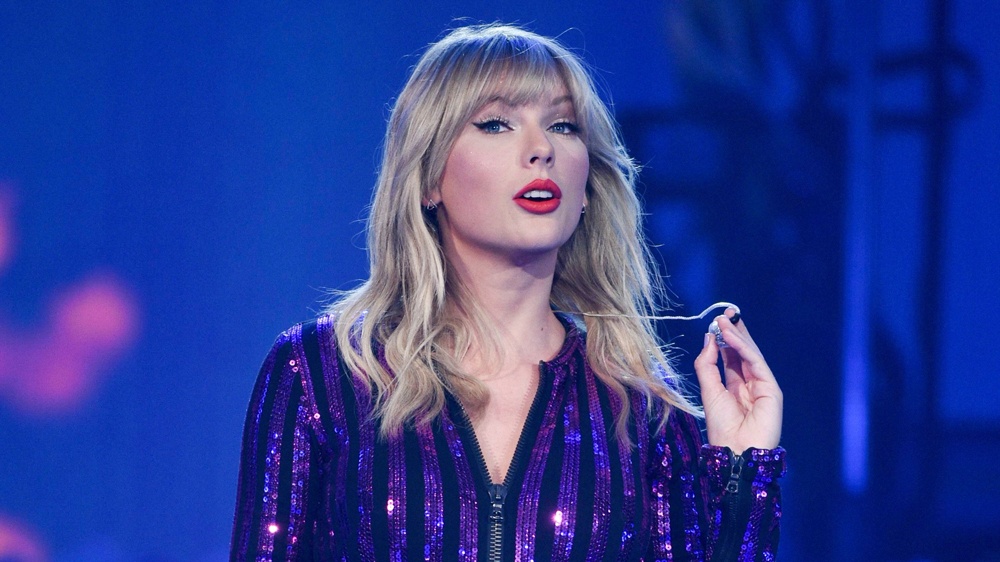Lizzie Wright investigates the current drama surrounding Taylor Swift.
Taylor Swift has had a hell of a year. From releasing her seventh studio album Lover to her role in the new Cats film, being crowned Artist of the Decade at the American Music Awards on November 24th is the cherry on top of the cake. It hasn’t been smooth sailing however, with contractual issues arising from her previous label Big Machine Records selling the masters of Swift’s music to Scooter Braun. Braun, who is known for managing some of the biggest names in the world (including Justin Bieber and Ariana Grande), was Swift’s ‘biggest nightmare’ when it came to someone else acquiring the rights to her music, and the drama since has only proved this.
In a statement release to her social media on November 14th, Taylor announced that Scott Borchetta (who runs Big Machine Records) and Braun had blocked her from performing a medley of her previous hits at the AMAs, saying that it was considered ‘re-recording’ the songs that Borchetta and Braun now own (everything pre-Lover). Whilst Swift is legally allowed to re-record her music from November next year, and has announced her intention to, she was not allowed to perform her own hits because the awards show is broadcast on television. Similarly, in the documentary Netflix have been developing on the past few years of Swift’s life (which she announced the production of during her statement, no big deal), any music or performance footage has been declined by Borchetta and Braun for usage.
Swift has also claimed that Borchetta informed her team that she could play her music only if she agrees not to re-record her old music next year (which will allow her to own the tracks again) and to not mention him or Braun again in the media.
This attempt to silence her has been widely criticised by many public figures, from model friend Gigi Hadid to presidential candidate Elizabeth Warren. While a responding statement from Big Machine Record attempted to downplay Swift’s claims, it failed to directly deny refusing to allow Taylor to play her old music.
This is part of a bigger issue between artists and distributors. Taylor Swift has consistently fought for the rights of smaller artists, in 2014 withdrawing her entire catalogue of music from Spotify because of their failure to give satisfactory pay, and then in 2015 threatening to have her hit album 1989 removed from Apple Music until they agreed to pay artists for streams during their 3 month free period. Whilst her motives may be questioned by her critics, it is undeniable that Taylor has done a lot for those that don’t yet share her popularity, guaranteeing them a fairer share of streaming profits.
In the end, Big Machine Records released a final statement confirming that they had come to an agreement Dick Clark Productions, who produce the AMAs, to allow Swift to perform her old songs on Sunday. However, it is obvious that this dispute isn’t one that will be going away soon; Taylor Swift has a long fight ahead of her to claim back the music she wrote and recorded. A win for her would set a new president in the music industry, and as she’s no stranger to breaking glass ceilings, she’s the best person to try.
Header Image by Evan Agostini.

